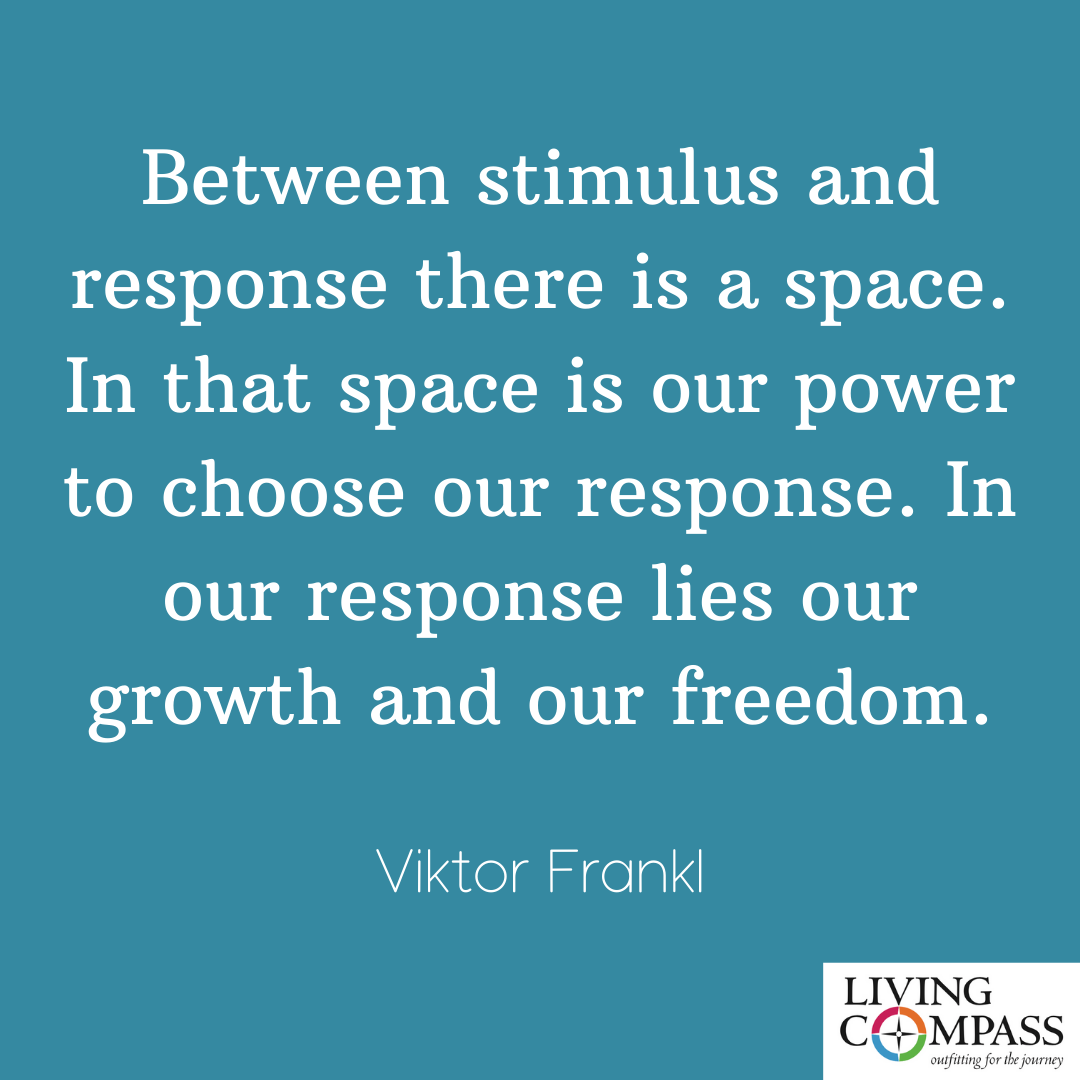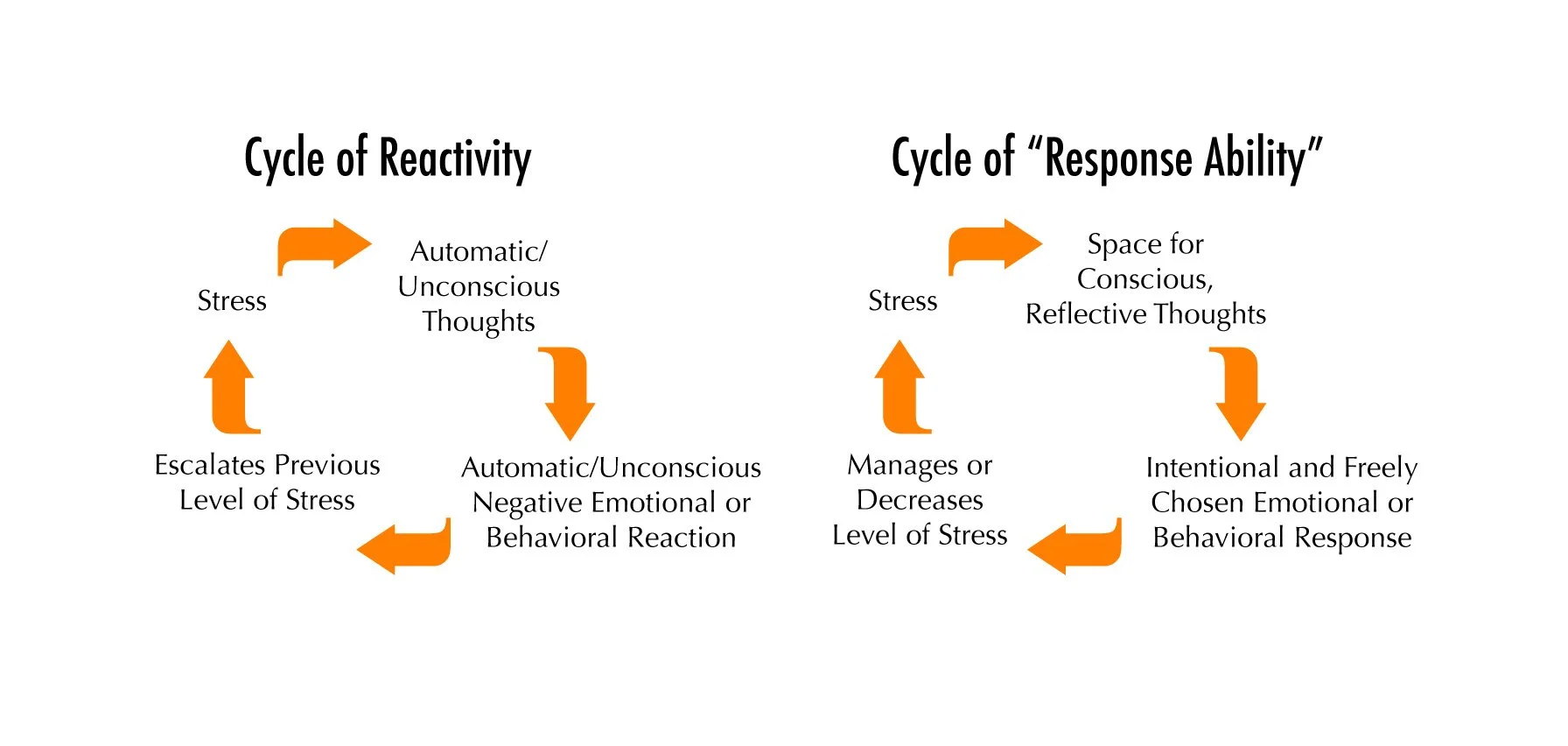Mindful Raking
A story is told about a Buddhist monk who was asked what he did before he attained enlightenment. He responded, "I chopped wood and carried water." He was then asked what he did after achieving the highest state of enlightenment. "I continued to chop wood and carry water." The point is that living a mindful, spiritual life does not always lead to dramatic changes in our or behaviors, although it indeed may. Living a mindful, spiritual life changes us on the inside; it changes our perspective on life. What we do may not change, but our mindset while doing it will likely shift.
All that I just shared with you came to my mind early this week when I was raking leaves. If you were to walk by my house while I was raking, you might think to yourself, "There's a guy raking his lawn." This would be true, but what you might not realize is that what you are also observing is a guy who is having a spiritual moment.
I actually love raking leaves. I have been looking forward to it for weeks and am so excited the time has come again here in Wisconsin for this annual ritual. Raking the brilliantly colored leaves reminds me of both the beauty and the impermanence of life—all the more reason to live more mindfully in the present moment. Raking the yard can be mindless work, or when done mindfully, it can be energizing and even comforting.
All of us have numerous mindless tasks that we do regularly: brushing our teeth, taking a shower, making meals, taking care of the kids, doing the laundry, taking out the garbage, cleaning the house, grocery shopping, and paying the bills. Like the leaves that are falling from my trees right now, all of these tasks are constant. These are the givens of life.
What is optional, though, is the mindset we will bring to doing these things. Will we do them with impatience or resentment, wishing we could get on with something more important or more pleasurable? Or will we do them with a spirit of acceptance, being fully present in the moment? Can we find a way to be grateful that we have a yard to rake, kids to care for, or a house to clean? Attitude will not alter the time needed to perform a task, but it will determine whether we end up feeling content or exhausted when we are through.
The next time you have a repetitive task to do, try making it a mindful task, doing it with presence and gratitude for all you have and all you have been given. Remember, it won't take any longer to do, and it just might make a difference in your well-being and the well-being of those around you.
Subscribe Now to Weekly Words of Wellness:
Click the button below to signup for the e-mail version of Weekly Words of Wellness. This weekly article can be shared with your community electronically and/or used for group discussion.
You can unsubscribe at any time.





